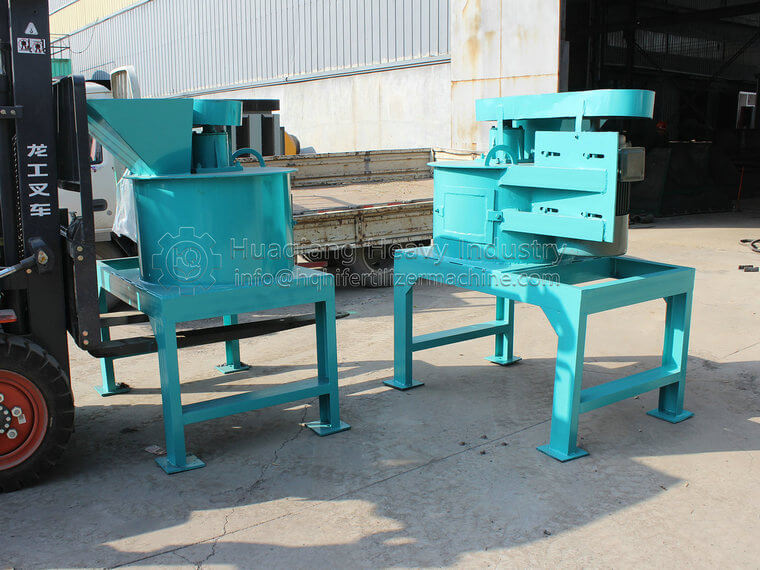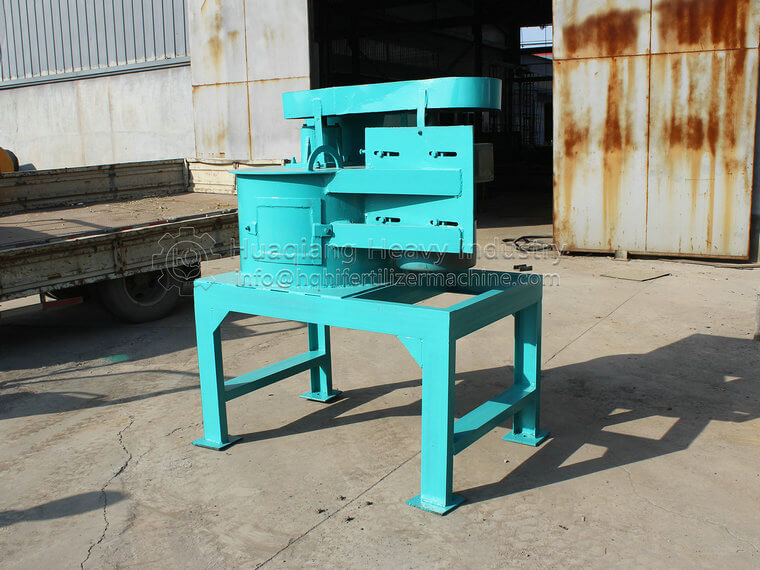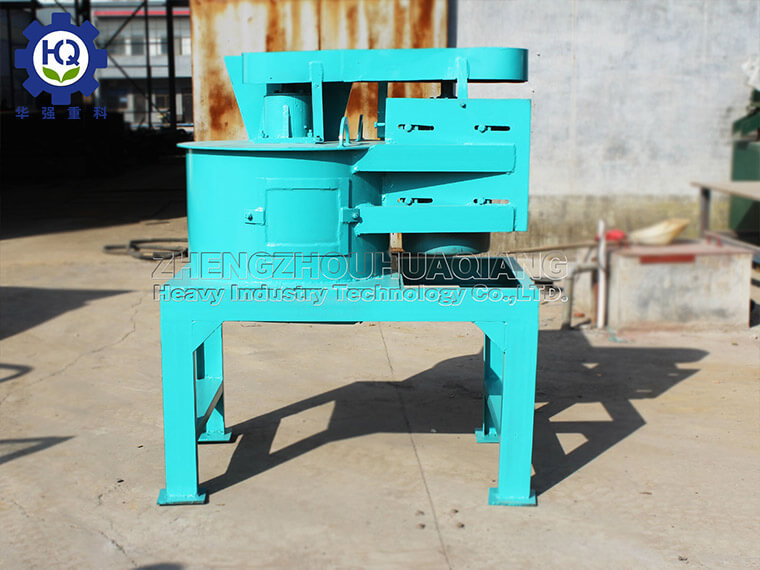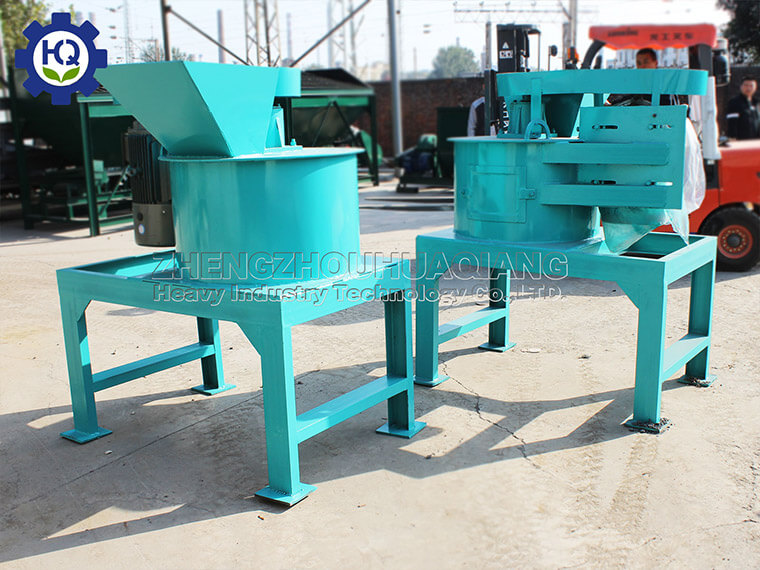Key points for selecting a chain plate organic fertilizer turning machine for farms
When a company plans to purchase a chain plate organic fertilizer turning machine, it is crucial to grasp the key points, which directly affects whether the equipment can meet production needs and the economic benefits of the enterprise.
Firstly, clarify the production scale and product requirements. Determine the production capacity of the chain plate organic fertilizer turning machine based on one’s own production plan. If it is a small enterprise with low initial production demand, it can choose small and more economical equipment with low investment cost and small footprint, which can meet small-scale production needs. Large enterprises need to choose large-scale chain plate organic fertilizer turning machines with strong production capacity and high degree of automation to ensure large-scale and efficient production. At the same time, it is necessary to be clear about the specific requirements of the product, such as the degree of fertilizer maturity, particle uniformity, etc., in order to select equipment that can meet these requirements.
Secondly, evaluate the quality of the equipment. High quality chain plate organic fertilizer turners are usually made of high-quality materials. The chain plate part should be made of high-strength and wear-resistant steel to ensure that it is not easily damaged during long-term material flipping and to extend the service life of the equipment. Key components such as transmission systems and bearings also need to have good performance and reliability. Checking the manufacturing process of the equipment, whether the welding is firm, and whether the assembly is precise are all important indicators for measuring the quality of the equipment.
Furthermore, pay attention to the adaptability of the equipment. Different production materials have differences in humidity, viscosity, particle size, etc., and the adaptability of the chain plate organic fertilizer turning machine to the raw materials is crucial. Before making a purchase, it is necessary to explain in detail the characteristics of the raw materials to the supplier and understand the equipment’s processing capacity for these materials. For example, for raw materials with high humidity, does the equipment have corresponding processing measures to ensure normal stacking.
In addition, the degree of automation of the equipment is also a factor that needs to be considered. A highly automated chain plate organic fertilizer turning machine can reduce manual operation, improve production efficiency and product quality stability. Advanced automation control systems can monitor and adjust various parameters during the flipping process in real time, such as chain plate speed, flipping depth, etc., reducing manual errors.
Price and after-sales service cannot be ignored. On the premise of ensuring equipment quality and performance, compare multiple aspects and choose products with high cost-effectiveness. At the same time, it is necessary to choose suppliers with good after-sales service, including equipment installation and commissioning, operation training, maintenance, and timely supply of accessories. Good after-sales service can ensure that equipment is quickly resolved when problems arise, reduce downtime, and ensure normal production.
In short, when choosing a chain plate organic fertilizer turning machine, it is necessary to comprehensively consider the above points, make cautious decisions, and select the most suitable equipment for the production and operation of the enterprise.








